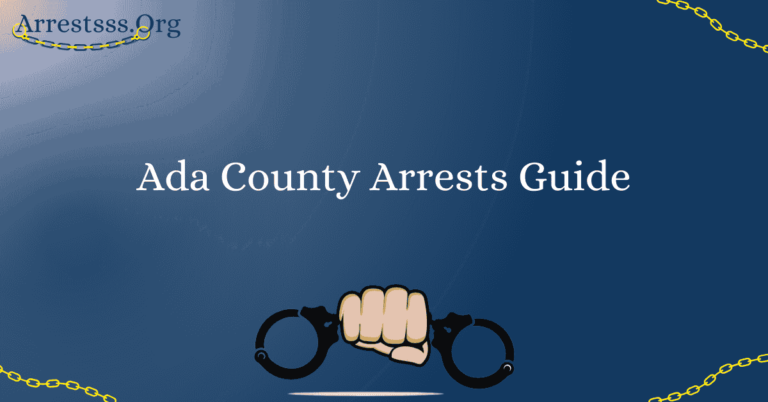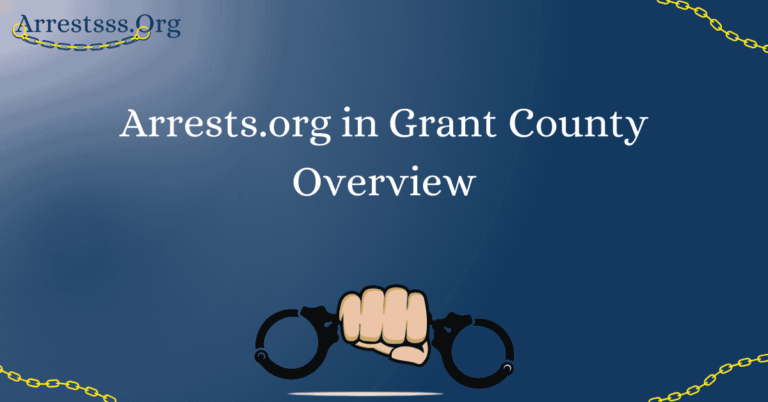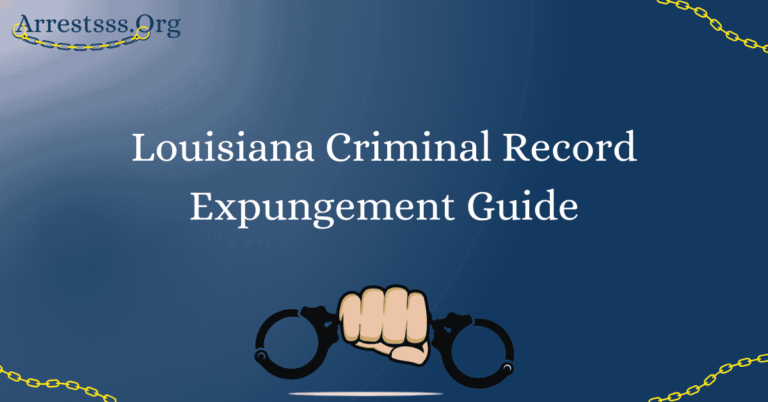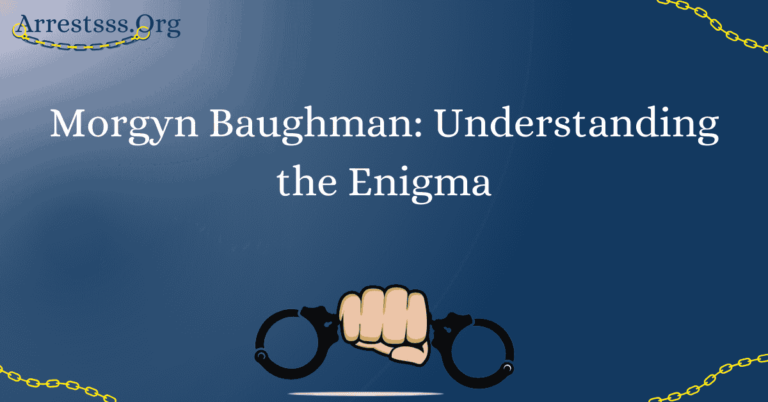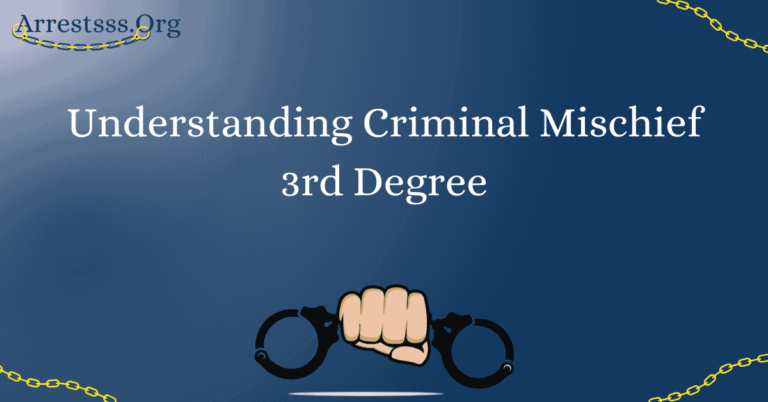Navigating New Hampshire’s Legal System
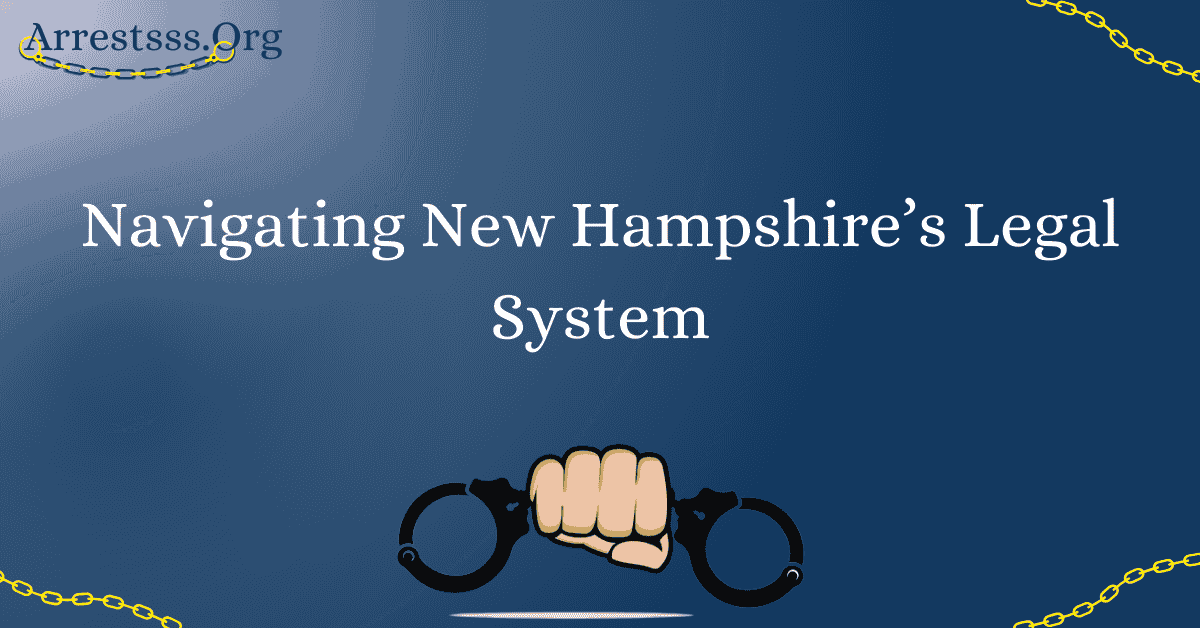
Navigating the intricate legal landscape of New Hampshire requires a comprehensive understanding of its unique legal system. This guide aims to equip you with the knowledge and resources necessary to navigate New Hampshire’s legal terrain confidently. Whether you’re a resident, a business owner, or seeking legal assistance, this article will be your roadmap to making informed decisions within the state’s legal framework.
New Hampshire’s Legal Structure
Before we delve into the specifics, it’s essential to grasp the overall structure of New Hampshire’s legal system. The state’s legal framework consists of distinct components, each serving a crucial role in the administration of justice and the resolution of legal issues. By gaining insight into this structure, you’ll be better prepared to navigate the system effectively.
Court Divisions in New Hampshire
New Hampshire’s legal system encompasses various court divisions, each with a specific jurisdiction and purpose. Let’s explore the primary court divisions and their respective roles within the state’s legal framework:
Supreme Court: As the highest court in New Hampshire, the Supreme Court primarily handles appeals from lower courts. Its focus is on cases involving constitutional matters, significant legal questions, and issues of great public importance.
Superior Court: The Superior Court serves as the state’s general jurisdiction trial court. It adjudicates a wide range of cases, including civil, criminal, family, and probate matters. Most legal disputes begin their journey in this court.
District Court: For cases of lesser gravity, such as traffic violations, small claims, and misdemeanors, the District Court is the designated forum. It also addresses family law issues, including divorce and child custody disputes.
Probate Court: Responsible for managing estates, overseeing guardianships, and handling adoptions, the Probate Court plays a critical role in ensuring the proper distribution of assets and the well-being of vulnerable individuals.
Understanding the role and jurisdiction of each court division is the first step to navigating New Hampshire’s legal landscape effectively.
Legal Services and Resources
Access to legal services and resources is crucial when dealing with legal matters. New Hampshire offers various avenues for legal assistance, including:
New Hampshire Legal Assistance: This organization provides free or low-cost legal services to eligible individuals, ensuring that financial constraints do not impede access to justice.
Legal Advice and Referral Center: Another valuable resource, the Legal Advice and Referral Center, offers assistance and guidance on legal matters, helping individuals make informed decisions.
Procedures and Documentation
Comprehending the legal procedures and documentation requirements is fundamental for anyone involved in a legal case. Key aspects include:
Filing Documents: Learn how to properly file documents with the respective court division, ensuring your case progresses smoothly.
Court Appearances: Understand what to expect when appearing in court, including the etiquette and protocols to follow.
Legal Proceedings: Familiarize yourself with the general flow of legal proceedings, ensuring you’re prepared for each step of the process.
Alternative Dispute Resolution
In some cases, litigation may not be the most efficient or cost-effective route. New Hampshire offers alternative dispute resolution methods, such as mediation and arbitration, which can provide quicker and less adversarial solutions to legal conflicts. Understanding when and how to utilize these options can save time, money, and stress.
FAQ’s
How can I find affordable legal assistance in New Hampshire?
In New Hampshire, affordable legal assistance is accessible through organizations like New Hampshire Legal Assistance and the Legal Advice and Referral Center. These organizations cater to eligible individuals, ensuring access to justice is not limited by financial constraints.
What is the Small Claims Court in New Hampshire, and how do I file a case there?
New Hampshire’s Small Claims Court, a part of the District Court system, specializes in resolving disputes involving small sums of money. To initiate a case, visit your local District Court, complete the necessary forms, pay the filing fee, and adhere to the court’s small claims procedures.
How long does it typically take for a case to be resolved in New Hampshire’s Superior Court?
The resolution timeline for cases in New Hampshire’s Superior Court can vary widely based on factors like case complexity and court backlog. Generally, anticipate several months to a year or more for a resolution. Consulting an attorney for a case-specific estimate is advisable.

